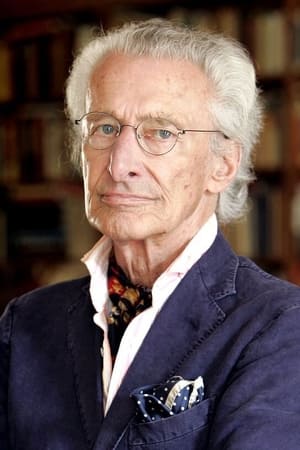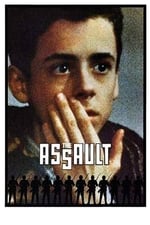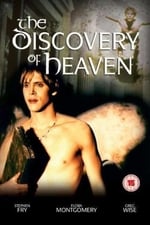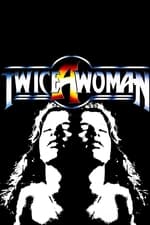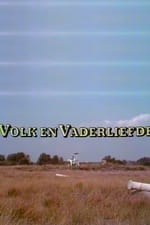Personal Info
Known For Writing
Known Credits 6
Gender Male
Birthday July 29, 1927
Day of Death October 30, 2010 (83 years old)
Place of Birth Haarlem, Netherlands
Also Known As
- -
Content Score
100
Yes! Looking good!
Login to report an issue
Biography
Harry Kurt Victor Mulisch (1927–2010) was a Dutch writer. He wrote more than 80 novels, plays, essays, poems, and philosophical reflections. Mulisch's works have been translated into over thirty languages. Along with Willem Frederik Hermans and Gerard Reve, Mulisch is considered one of the "Great Three" (De Grote Drie) of Dutch postwar literature. His novel The Assault (1982) was adapted into a film that won both a Golden Globe and an Academy Award. A 2007 poll of NRC Handelsblad readers voted his novel The Discovery of Heaven (1992) the greatest Dutch book ever written. He was regularly mentioned as a possible future Nobel laureate. He won the 2007 International Nonino Prize in Italy.
A frequent theme in his work is the Second World War. His father had worked for the Germans during the war and went to prison for three years afterwards. As the war spanned most of Mulisch's formative phase, it had a defining influence on his life and work. In 1963, he wrote a non-fiction work about the Eichmann case: Criminal Case 40/61.
Harry Kurt Victor Mulisch (1927–2010) was a Dutch writer. He wrote more than 80 novels, plays, essays, poems, and philosophical reflections. Mulisch's works have been translated into over thirty languages. Along with Willem Frederik Hermans and Gerard Reve, Mulisch is considered one of the "Great Three" (De Grote Drie) of Dutch postwar literature. His novel The Assault (1982) was adapted into a film that won both a Golden Globe and an Academy Award. A 2007 poll of NRC Handelsblad readers voted his novel The Discovery of Heaven (1992) the greatest Dutch book ever written. He was regularly mentioned as a possible future Nobel laureate. He won the 2007 International Nonino Prize in Italy.
A frequent theme in his work is the Second World War. His father had worked for the Germans during the war and went to prison for three years afterwards. As the war spanned most of Mulisch's formative phase, it had a defining influence on his life and work. In 1963, he wrote a non-fiction work about the Eichmann case: Criminal Case 40/61.
Writing
|
||||||
|
||||||
|
||||||
|
Acting
|
